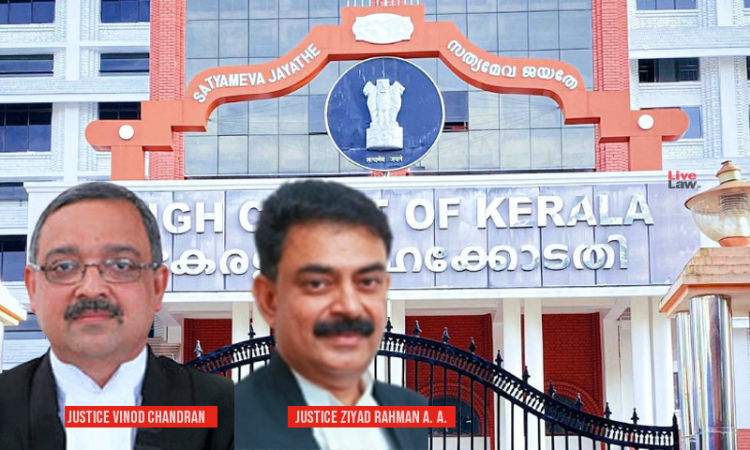The Kerala High Court in its judgment delivered on Thursday in a criminal appeal case observed that it has raised a suo motu case regarding the ineptitude of the Prosecutors in several cases, resulting in the offenders walking away scot-free. A Division Bench comprising Justice K.Vinod Chandran and Justice Ziyad Rahman was dealing with an appeal filed by a priest challenging the sentence...

